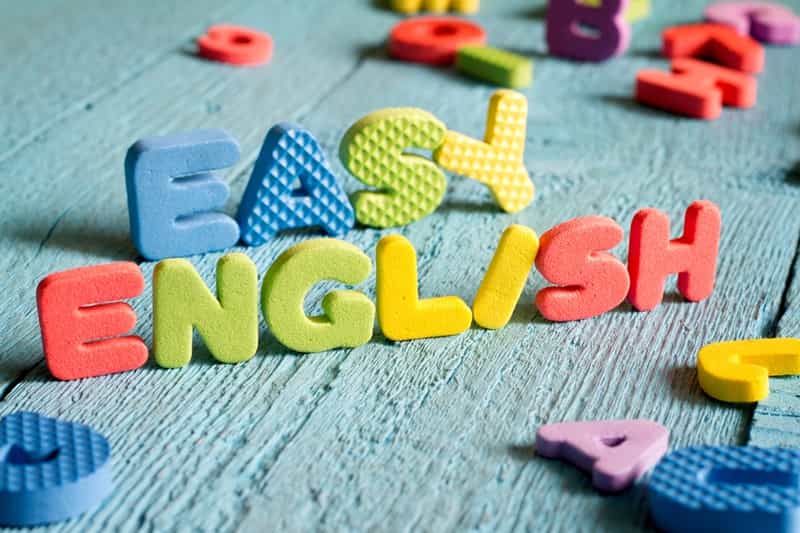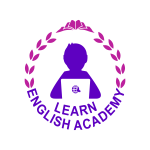

Here’s a list of the modal verbs in English:
| can | could | may | might | will |
| would | must | shall | should | ought to |
Modals are different from normal verbs:
1: They don’t use an ‘s’ for the third person singular.
2: They make questions by inversion (‘she can go’ becomes ‘can she go?’).
3: They are followed directly by the infinitive of another verb (without ‘to’).
Probability:
First, they can be used when we want to say how sure we are that something happened / is happening / will happen. We often call these ‘modals of deduction’ or ‘speculation’ or ‘certainty’ or ‘probability’.
For example:
- It’s snowing, so it must be very cold outside.
- I don’t know where John is. He could have missed the train.
- This bill can’t be £200 for two cups of coffee!
Ability
We use ‘can’ and ‘could’ to talk about a skill or ability.
For example:
- She can speak six languages.
- My grandfather could play golf very well.
- I can’t drive.
You May Also Like
-
Mar 9, 2025
Studying English Grammar: Method and Benefits Studying English grammar plays a vital role in language learning and improving writing...
-
Mar 9, 2025
Professional Email Writing in English: Key Tips for Effective Communication Professional email communication in English is a fundamental aspect...
-
Mar 9, 2025
Preparation for English Language Tests: Practical Steps for Success English language tests, whether for academic study, travel, or work,...
-
Feb 13, 2025
Online English: A Gateway to British Education With the advancement of digital technology and the spread of the internet,...
Sign up to receive our latest updates
Get in touch
Need some help?






- Tax Registration Number : 310227485700003
- © Copyright © All Rights Reserved By Learn English Academy.




